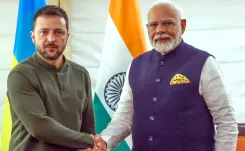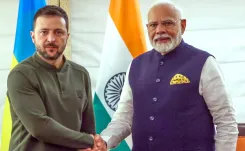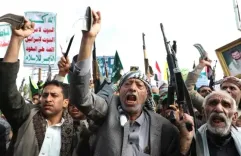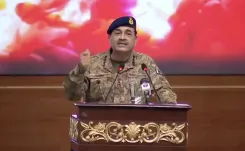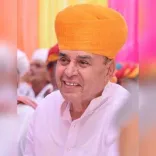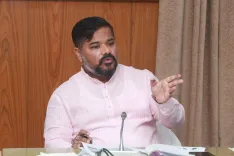Do Backers of the Proportional Representation System Have Ulterior Motives?
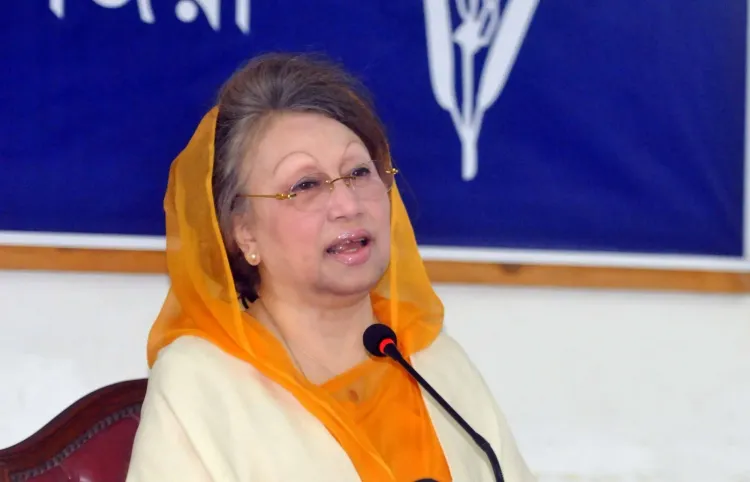
Synopsis
Key Takeaways
- BNP claims ulterior motives behind PR supporters.
- No constitutional basis for Proportional Representation system.
- Upcoming elections scheduled for February.
- Political tensions rising among parties.
- Calls for transparency and fairness in electoral process.
Dhaka, Aug 30 (NationPress) Amid rising political tensions leading up to next year’s general elections, the Bangladesh Nationalist Party (BNP) asserted on Saturday that supporters of the Proportional Representation (PR) system are driven by “ulterior motives.” The party emphasized that the Bangladesh Constitution does not reference a “PR system.” Local media outlets reported these claims.
During the opening of the Netrokona district BNP's triennial council, BNP standing committee member Salahuddin Ahmed indirectly criticized the radical Islamist party Jamaat-e-Islami.
“They have stated that if elections are not conducted under a PR system, they will obstruct polls in Bangladesh. Today, I declare that the national election will take place in the first half of February next year, before Ramadan starts. No one can prevent it,” quoted The Daily Star, a prominent newspaper in Bangladesh.
“Article 65(2) of Bangladesh's Constitution explicitly states that 300 members of parliament shall be chosen directly from territorial constituencies. There is no mention of any PR system or provisions,” he noted, referencing the Constitution of Bangladesh.
Salahuddin accused those making misleading statements aimed at delaying or obstructing the elections of deceiving the public.
“Candidates are engaging with the public, and the populace is eager to vote. Anyone speaking against elections will be rejected by the public,” he added.
Meanwhile, on Saturday, Shafiqul Alam, Press Secretary to the interim government's Chief Advisor, insisted that the national election will proceed as planned in the first half of February, affirming that no force will impede it.
“We firmly state that the election will occur in the first half of February. No force can stop it,” quoted Dhaka Tribune, another leading daily.
“The election will certainly take place before February 15, within the first half of February. No conspiracy will be able to halt it,” he emphasized.
On Friday, Jamaat accused Chief Advisor Muhammad Yunus of failing to keep his promise, claiming that the newly announced roadmap was meant to undermine the possibility of a fair election.
“The Chief Advisor has broken his promise by introducing the election roadmap; this roadmap is a scheme to derail a just election,” said Jamaat leader Syed Abdullah Muhammad Taher during a public event.
Taher further asserted that the Election Commission committed a serious injustice by unveiling a roadmap without clarifying whether the elections would be based on the previous traditional method or the newly suggested PR system.
“We will not allow this to happen. We will compel the government and the Election Commission to ensure that elections occur based on the July Charter refund and PR,” he added.
Bangladesh has been engulfed in uncertainty regarding the upcoming general elections since last year when the democratically elected government of Awami League, led by former Prime Minister Sheikh Hasina, was toppled amidst violent protests.
The political factions that allied with Yunus to oust Hasina are now in conflict over reform proposals and the timing of the next elections.

